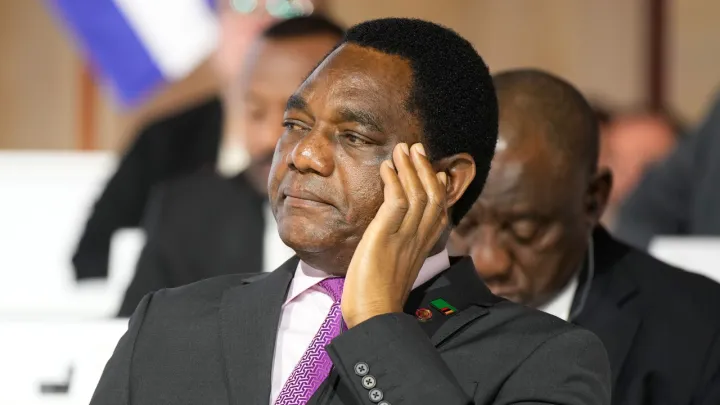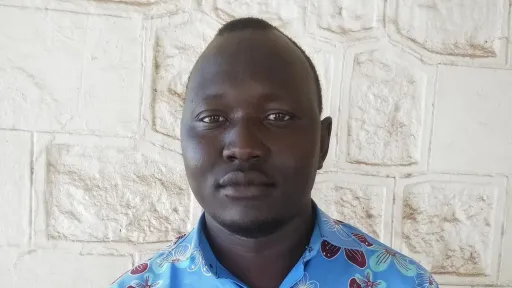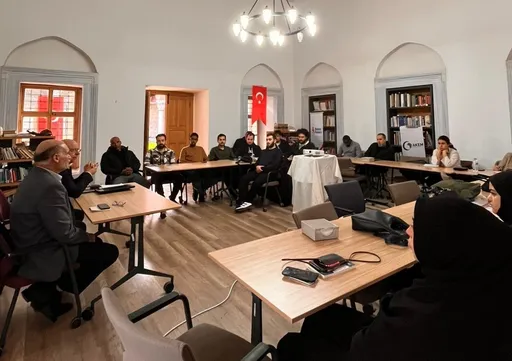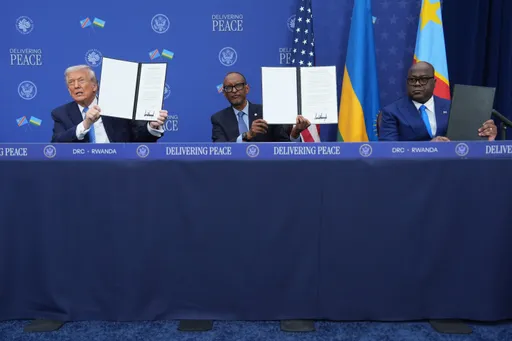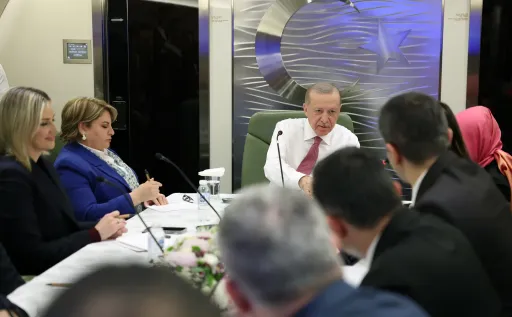By Dayo Yussuf
“It is important to win, but great to participate and finish”
Those were the words of Eliud Kipchoge at a postrace news conference in Boston.
For a man who is used to winning, coming sixth in the Monday 17th fete was a big blow not only to him but to all his fans around the world.
A time of 2:09:23 was barely satisfactory to many, who were left with the question what happened?
“I developed an upper leg issue at 30k, and I said to myself, I cannot quit,” Kipchoge said.
He went on to explain that the weather or the terrain had nothing to do with his loss.
Fast forward to the London marathon. Big Names like Mo Farah dominated the event, only to be schooled by newer, younger names like Kevin Kiptum, who at 23 ran only the second best record ever in marathon.
But maybe the question to ask is: Is it time for the likes of Kipchoge and Farah to call it a day?
There is difference in opinion depending on who you ask. Wilfred Bungei, himself a retired Olympic gold medalist says the decision depends on an individual.
“For any professional athlete it is good to retire when you are at the top of your career. A time when you can inspire people. Don’t wait to leave at your worst,” Bungei told TRT Afrika.
He adds: “However many athletes seem to not have a plan for their retirement, they don’t know what to do after the only thing they know how to do best.”
But former champion Douglas Wakiihuri says sometimes you just need to listen to your body.
In an interview with TRT Afrika, Wakiihuri says “it depends on the kind of practice you have been doing, or the number of competitions you participate in. The body can get exhausted or injured and you may have to retire.”
Sometimes the athletes stick on to the tracks due to external forces like agents and company endorsements.
Wilfred Bungei announced his retirement just after winning the Olympics in 2009 and remembers receiving a back lash.
“People were very disappointed. Especially my agent. He was still chasing endorsements and big contracts. He wanted me to continue for longer.”
Bungei adds: “ But it also depends on what motivates you, Look at Hicham El Guerrouj, or Usain Bolt. Am sure if they wanted to go for another competition they could do it, but they had to make a decision, the right one at the right time.”
But Wakiihuri who has previously won among others, the London marathon, World Championships and New York Marathon, says sometimes it is best to let younger generations take over.
"You also have to consider that the young generation is growing up, so your competition becomes stiffer. As much as you are a world champion or you are a gold medalist, it becomes very difficult to defend your position.”
British marathon legend Mo Farah is one of the world elite runners, who pushed his luck to the bitter end. At 40 and after finishing 9th in the the 2023 London Marathon, he finally announced he will retire in September after the Great North run.
Meanwhile eyes are on his arch rival Eliud Kipchoge - will he also call it quits, or will he keep chasing more titles?


